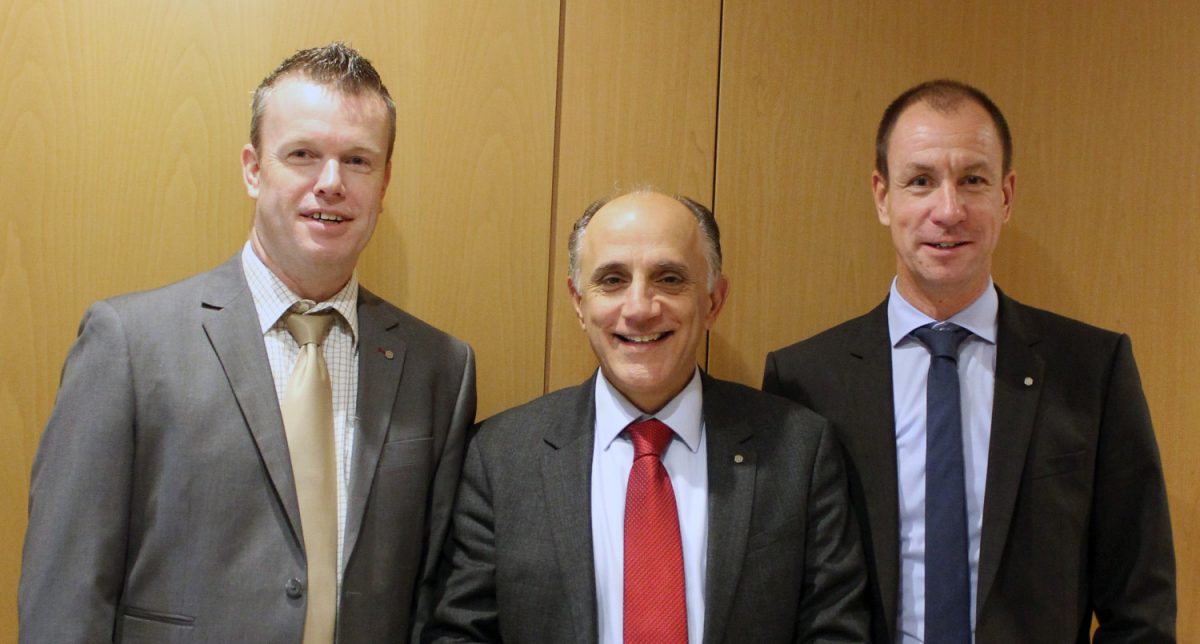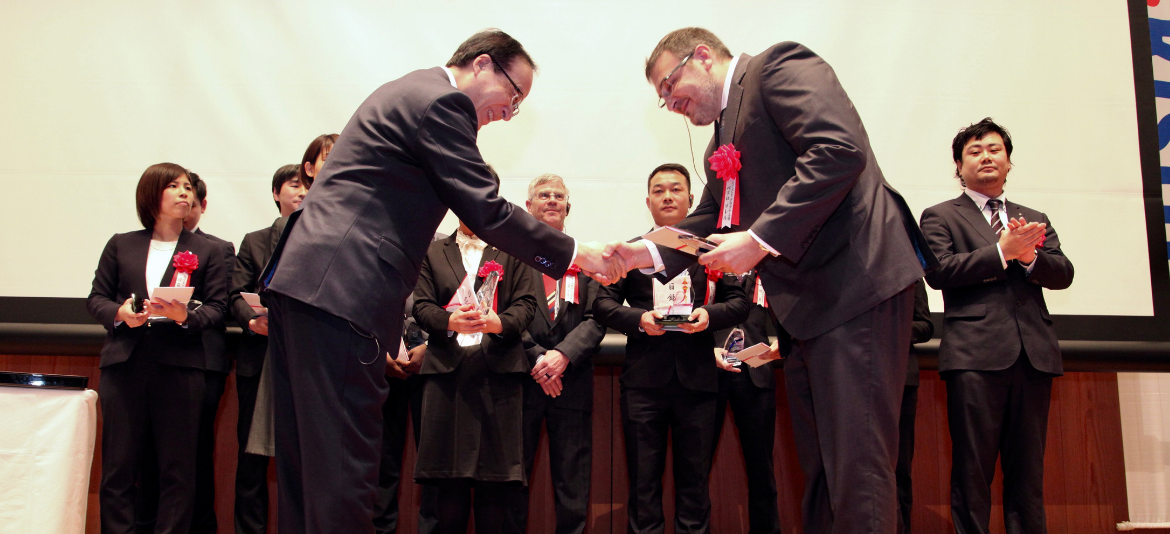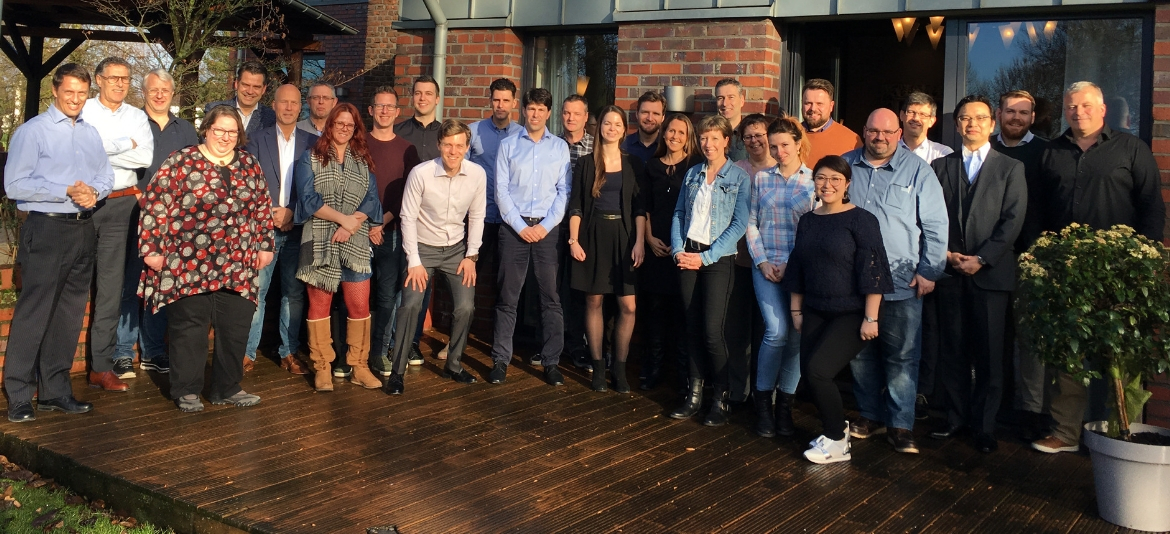We spoke with three European attendees of this year’s Global Saijuku Management Programme: Frank Voermans from SEKISUI Alveo, Stelios Papacostas from Sekisui Specialty Chemicals Europe and Mike Dieters from SEKISUI S-Lec. We asked them about their experiences, impressions and learnings during the training.
Information about Global Saijuku
The overall objective of Global Saijuku Programme is the communication of the SEKISUI culture and values, keeping a keen eye towards their importance for the socio-ecological environment. The programme aims at the developing of an appreciation and understanding of SEKISUI leadership through principles with an emphasis on upholding ethical business practices.
To meet these objectives, the Global Saijuku Programme consists of three teaching modules held in different places all around the world. The modules include sessions with presentations on company objectives and values like the 3S-Principles and CSR (Corporate Social Responsibility) activities, instructor led classes, e-learning units and group activities on various issues. In the end, the results are presented to the SEKISUI Chemcial’s top management.
SEKISUI Newsroom: The Saijuku training offers a great opportunity to share visions, concepts, leadership styles, strengths and weaknesses. In your opinion, what is the meaning of SEKISUI’s core values or visions – like the 3S Principles or CSR activities – in the business as well as in the social environment?
Mike Dieters: Since the start of SEKISUI by our seven „samurai“ forefathers in 1947, the SEKISUI values were communicated throughout the company. In 1962 the first real breakthrough was made in Japan by introducing the „poly-pail“, a plastic waste rubbish can, which changed the rubbish collection in Tokyo completely. Since then, SEKISUI is known for its values to contribute to the social environment in Japan. How SEKISUI S-Lec is conducting business is changing as we speak. We are currently changing our approach from direct customers (glassmakers) to our car makers. The glassmakers are already familiar with our SEKISUI values. Now, it is time for the car makers and end user to get familiar with them.
Stelios Papacostas: In my opinion, it is advantageous for us and our teams to understand and incorporate SEKISUI’s vision and values. Once we accomplished that, we will be far more effective as a team in developing and implementing business strategies. I believe that the incorporation will contribute positively to both our social and our customer interactions.
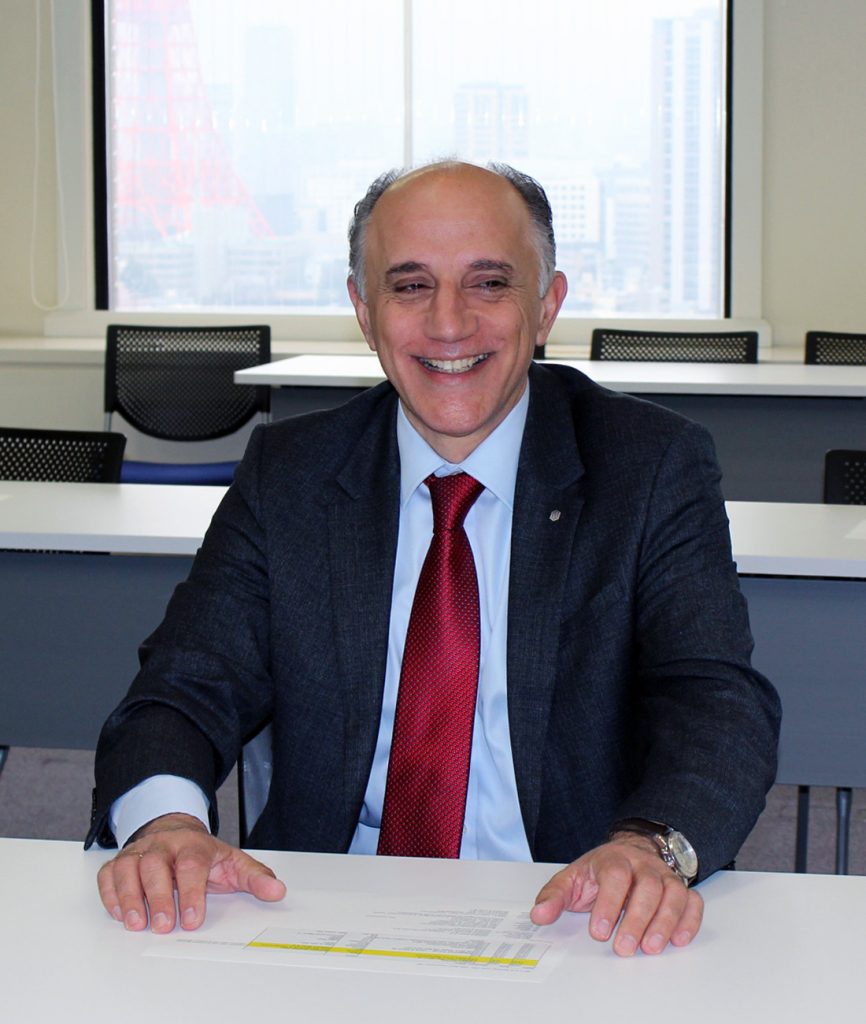

SEKISUI Newsroom: What management leadership principles did you become familiar with during the Saijuku training and how do you plan to integrate these ethical business practices in your daily work routine?
Frank Voermans: The third session of the Global Saijuku Management Programme had a strong focus on leadership principles. The session included an explanation regarding the clear difference between management skills and leadership skills. One significant aspect that I believe is very important in my daily activities is to clearly recognise when leadership and when management type skills shall be applied.
Mike Dieters: Leaders must always consider the needs of all stakeholders. This includes customers, owners, employees, and vendors. All concerned groups must be kept informed and involved. My weakness, which I discovered, is that I have not sufficient regard to this fact in my daily work.
SEKISUI Newsroom: The Global Saijuku Management Programme is divided into three modules, which are held in different locations, and consists of various teaching methods like instructor classes, e-learning units, group activities and presentations. What do you think about the general structure and procedure of the programme?
Stelios Papacostas: The principal components of the course were very well-chosen and the training was of very high quality. Reading and presentation material as well as Professor Ohtaki’s immense experience in coaching were perfect. I would suggest two potential improvements. Firstly, the e-learning programme should be more user-friendly (i.e. downloadable) because most of us are continuous travellers. Secondly, I would suggest that more in-course time should be dedicated to the Business Project as it is very difficult to do it remotely.

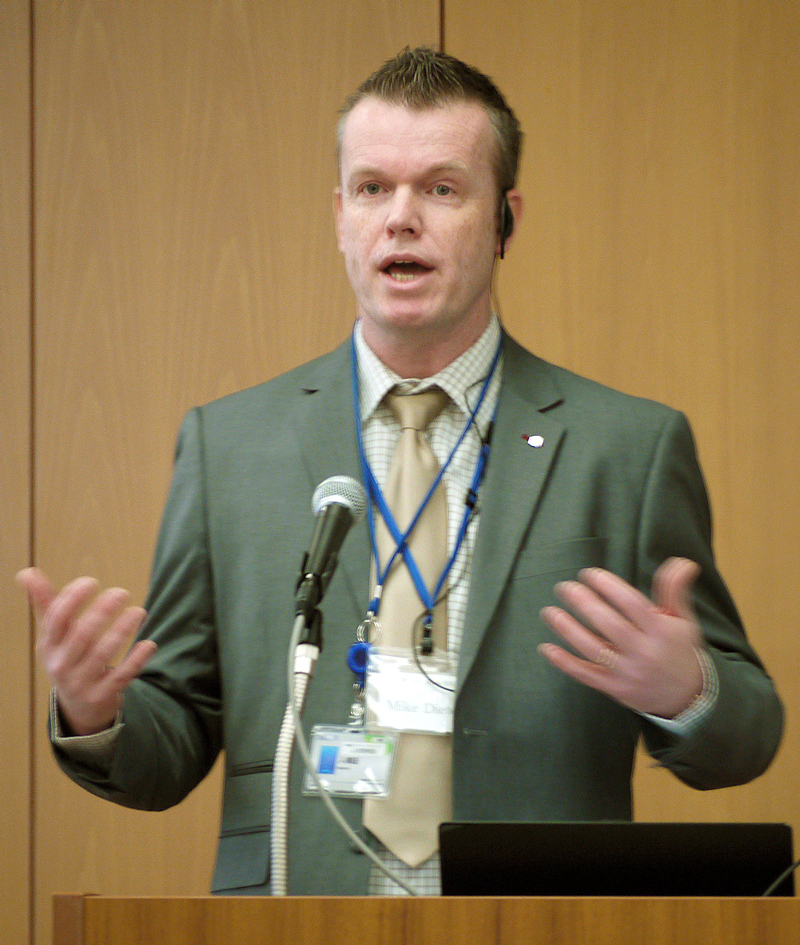
Frank Voermans: The structure of the programme is really impressive. The combination of the different methods like input from top management, teaching by Professor Ohtaki, practical trainings during each session, plant tours, collaborative developments of business cases or e-learnings in between sessions made the whole training rather intense but also very valuable. I really enjoyed the practical sessions during the training weeks. These sessions provided an opportunity to exchange experiences and learnings with colleagues from other SEKISUI divisions.
Mike Dieters: I personally found the mix of all teaching methods very useful. There is one class in particular I will always remember. We were divided into three groups of three people each. We had to make a film on an iPad which explains the SEKISUI values to newly hired people or students. Especially the collaboration as well as the analysis of values and their translation into a three minute story were very challenging.
SEKISUI Newsroom: The Saijuku training has been recently introduced to overseas managers. In which way will your experience achieved in the different training modules contribute to the development of SEKISUI’s overseas businesses? Is the training in your opinion able to drive forward the notion of SEKISUI as a global operation?
Frank Voermans: The training definitely helps to create a much better understanding about all the different business units within the SEKISUI Chemical Group. It also helps to develop a network within the Group in order to exchange information more easily. Therefore, I consider the training as a good starting point to foster the progression towards a truly global company; but it clearly needs further enhancements. The Global Saijuku Management Programme absolutely improves the informal communication structures but certain formal structures need to be applied as well in order to develop into a global company entirely.
Stelios Papacostas: Indeed, it is a first step towards creating true SEKISUI Global Leaders. During our last module presentations we have made proposals to the management. One of these proposals was the suggestion to incorporate not only overseas managers into this programme but Japanese managers as well. The vision of SEKISUI implies the growth of the Group overseas. Therefore, the number of European and Japanese employees will be similar in the future. Hence, we need to nurture global leadership.
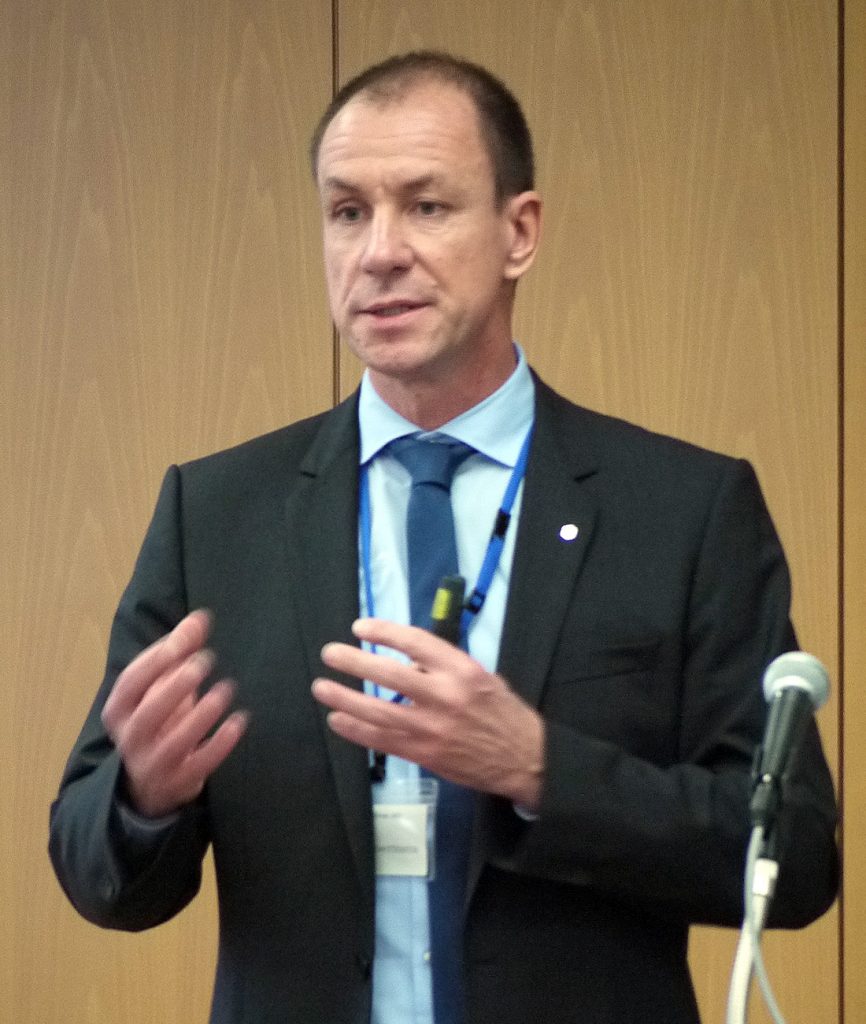

SEKISUI Newsroom: Did you have the opportunity to strengthen business contacts and relations for future collaborations? Were you able to create lasting friendships across the SEKISUI family during the Saijuku training as well?
Frank Voermans: Yes, through the intensive training we not only shared many experiences, but gathered joint experiences. This has created a strong bond that will not only last but will help us to make the SEKISUI family even stronger.
Stelios Papacostas: Absolutely. The learnings of other SEKISUI businesses and cultures are of inestimable value to us. The personal relationships we created are strong and will lead to opportunities for future collaborations.
Mike Dieters: This year’s Global Saijuku brought together nine people from all over the world. Through group assignments like identifying new businesses for SEKISUI in the coming decade, we were connected to each other. For example, together with two colleagues from the USA (High Performance Plastics Company) and Australia (Urban Infrastructure & Environmental Products Company) I got the chance to visit Ford in Detroit. There, we discussed the need of low weight materials in the automotive industry. Obviously, we as participants of the Global Saijuku Management Programme connected with each other.
SEKISUI Newsroom: Thank you very much.

